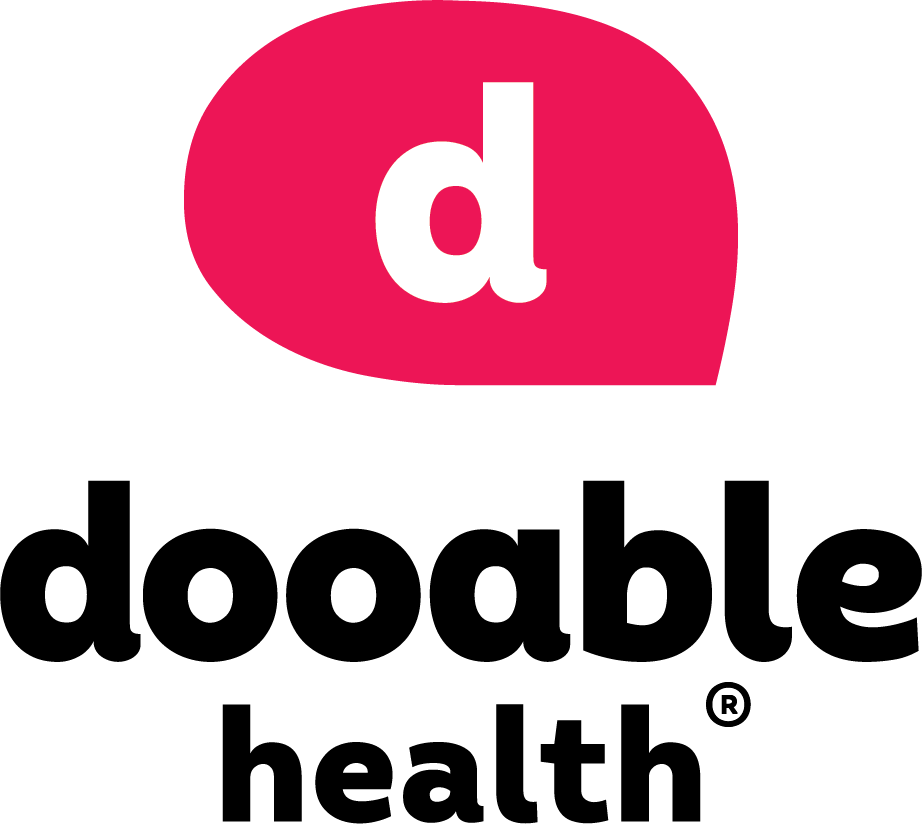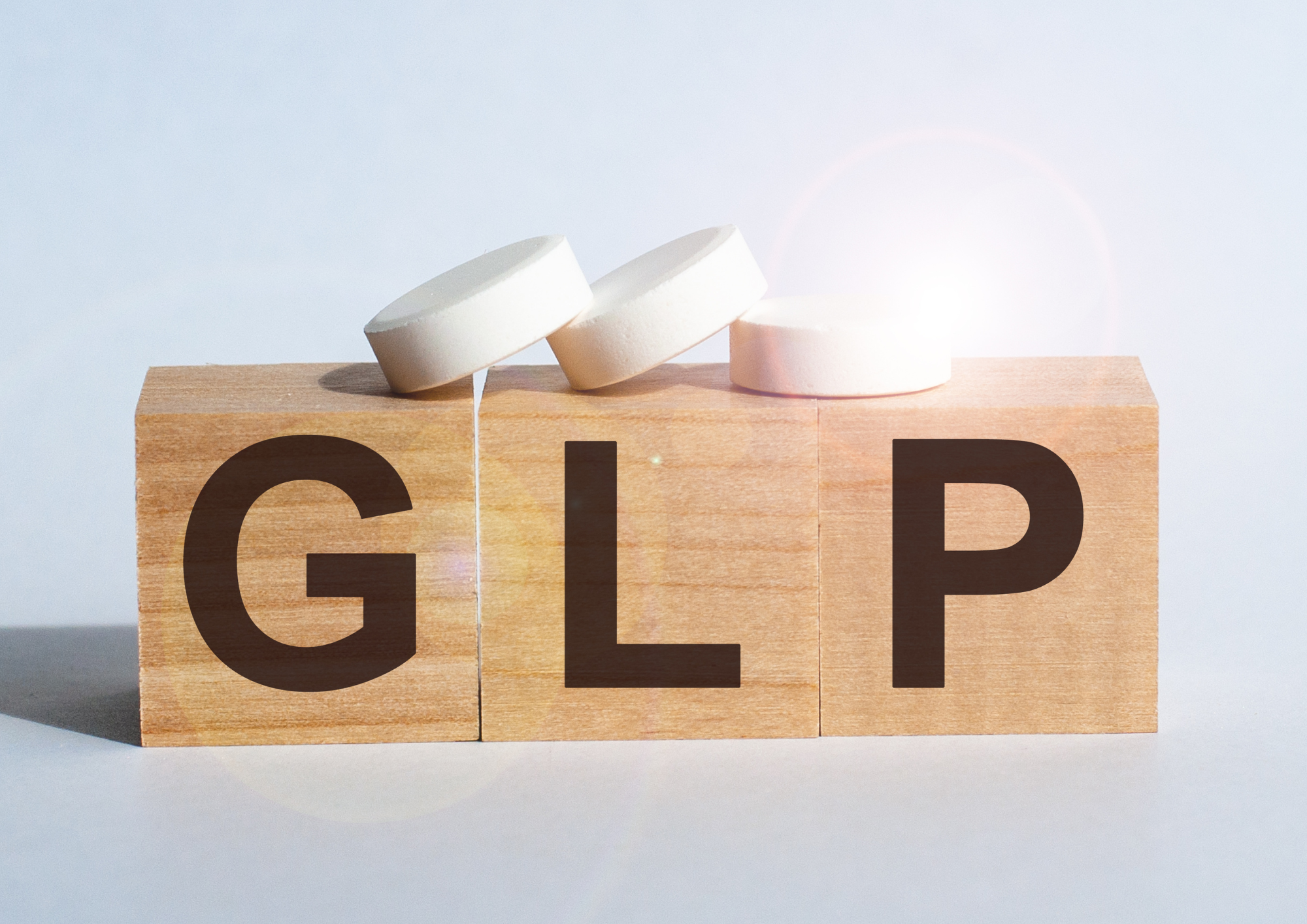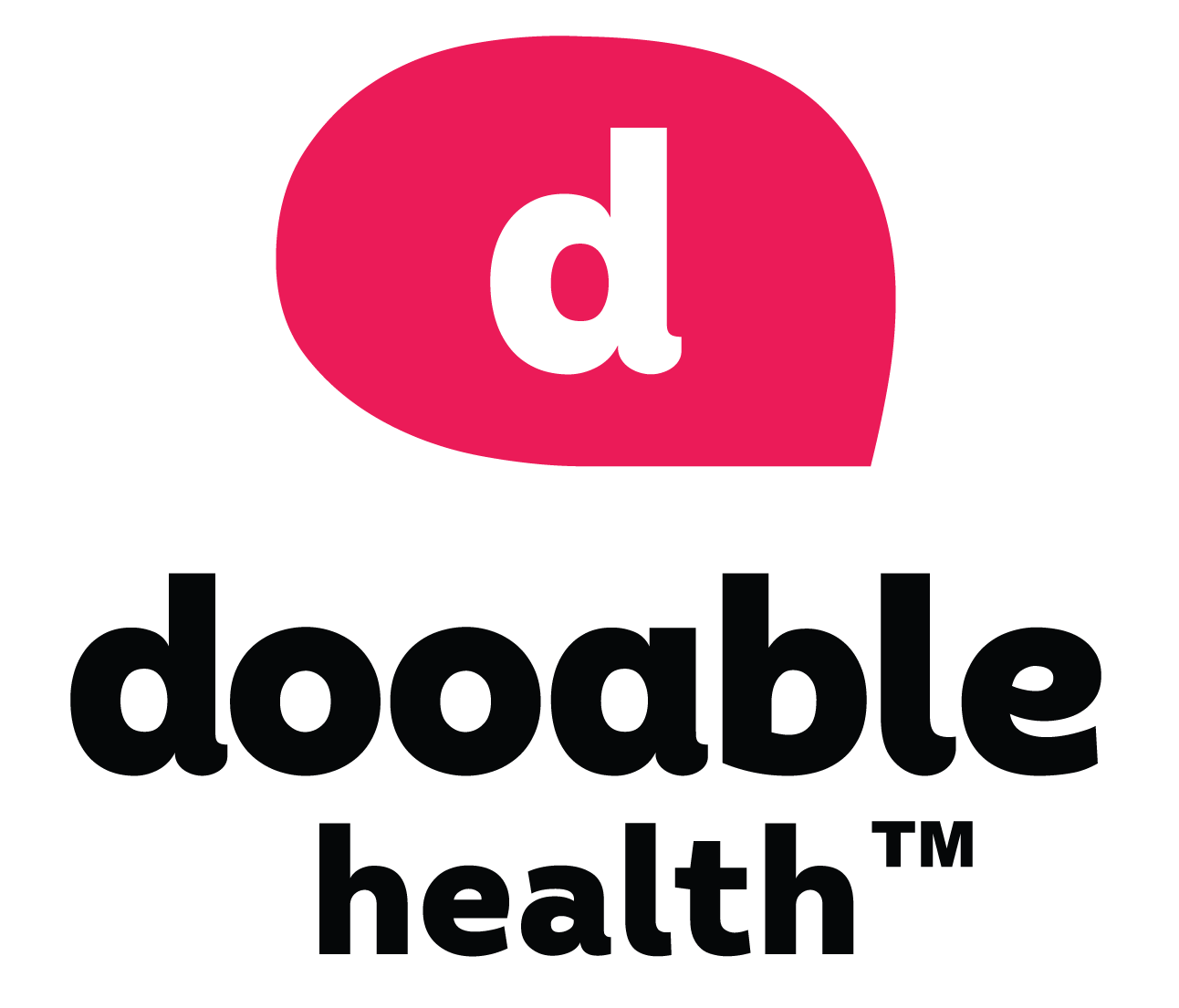Is your body trying to tell you something?
May 31, 2025

Muscle tension and soreness are something almost all of us experience daily, and not always because of a tough workout or physical activity. Often muscle tension can carry a deeper, often unseen, emotional weight. Each experience we undergo becomes imprinted in our bodies, even if we’re unaware of it. A fantastic book that has done much research on this topic is called, The Body Keeps The Score by Bessel Van der Kol, where the author invites you to reflect: “Is your body trying to tell you something?”
The accumulation of repressed emotions over years, sometimes decades, manifests in various forms of bodily discomfort, often unrelated to apparent physical causes. These concealed tensions contribute to a myriad of health issues, amplifying our suffering over time.
Our bodies, in their inherent honesty, serve as a canvas on which our deepest feelings are painted. Despite attempts to suppress or rationalize emotions, our bodies harbor the truth. Therefore, chronic tension in areas like the neck, back, or elsewhere may signal unresolved emotional turmoil rather than mere physical strain.
To alleviate such distress, understanding the origins of muscle tension is essential. Let’s go over four of those potential origins so you can be more aware of how and why your body may be speaking to you.
- Social conditioning emerges as a primary influencer, beginning in childhood and perpetuated by societal norms dictating the acceptability of certain emotions. For instance, cultural stigmas surrounding expressions of sadness or anger led individuals to internalize these feelings, resulting in muscular tension as a physical manifestation of emotional suppression.
- Trauma, whether inflicted intentionally or inadvertently, plays a pivotal role in the development of chronic muscle tension. Unprocessed traumatic experiences engender enduring states of fear, stress, and sometimes post-traumatic stress disorder (PTSD). These unresolved emotions become lodged within the body, contributing to many ailments ranging from fibromyalgia to digestive disorders and mental illnesses.
- Psychological tension, stemming from our cognitive interpretations and perceptions, further exacerbates muscular strain. Negative thought patterns, such as incessant self-criticism or catastrophizing, foster chronic tension as the body physically responds to emotional stressors.
- Environmental stressors and lifestyle habits significantly impact muscle tension. Sedentary lifestyles, characterized by prolonged periods of desk-bound work (#deskjockey), exacerbate physical discomfort by depriving muscles of the movement necessary to alleviate tension. Poor posture, inadequate sleep, substance abuse, and exposure to environmental pollutants further compound muscular strain, perpetuating a cycle of discomfort and distress.
Recognizing the multifaceted nature of muscle tension equips individuals with the insight needed to address underlying emotional and physical imbalances. Through somatic bodywork, intentional mobility drills and mindfulness practices, individuals can learn to identify, and release trapped emotions, thereby alleviating the burden of chronic tension.
Understanding the intricate interplay between emotional well-being and physical health empowers individuals to adopt holistic approaches to self-care. By acknowledging and addressing the emotional roots of muscular tension, individuals can cultivate a deeper sense of self-awareness and resilience, fostering overall well-being and vitality.
Is your body trying to tell you something? Pay close attention
Related Posts
GLP-1s: beyond the hype
By Thaís Naveda Luy|2025-05-29T19:26:03+00:00May 30, 2025|
Your Fitness Launchpad
By Thaís Naveda Luy|2025-05-23T01:24:18+00:00May 23, 2025|
Crush the Overwhelm Feeling
By Thaís Naveda Luy|2025-05-16T01:11:20+00:00May 16, 2025|
Wellness Wins
By Thaís Naveda Luy|2025-05-16T01:11:12+00:00May 9, 2025|
Balancing Macros
By Thaís Naveda Luy|2025-05-01T23:01:09+00:00May 2, 2025|







